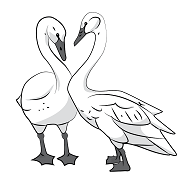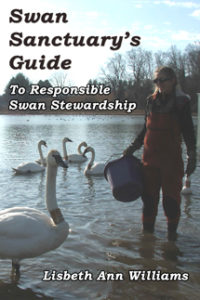Summer is approaching and the stores are well stocked with a plethora of poisonous sprays, bombs, and traps. There is a shed at the end of my garden where the landlord stores a miscellany of items. He was on a hunt one day for something he needed and made it a point to inform me of the several cans of wasp spray that were in there, if I needed them. I told him that the wasps didn’t bother me and I wouldn’t use the poisons. This is the truth. I have been stung only one time by a wasp. It happened that there was a wasp nest behind the shutter beneath my bedroom window, where I was gardening, and of which I was unaware. Wasps sting only when they perceive that their nest is being threatened. Clearly, I had invaded its territory.
Wasps have several natural predators including European starlings and magpies, praying mantises, hover flies, beetles, moths, and dragon flies. They are in fact, an ally in the garden since they dine on those insects that eat our crops. They are also important pollinators. Many of our honey bees are suffering colony collapse so it would behoove us to show a little more tolerance for wasps. Hornets are similar to the paper wasps, their main difference being in their coloring. Yellow jackets are seen mostly around picnic areas as they scavenge for food and nectar. They can be aggressive, but perhaps placing a flowering plant nearby would distract them from your family picnic.
My favorite bees are the bumblebees. They are large, fuzzy, and docile as they go about the business of gathering pollen. I have planted phacelia, borage, and lemon balm to attract bees to my garden. My garden is a polyculture of numerous flowers – perennials, biennials, and annuals, as well as herbs and vegetables. I have numerous bird species, too, most of which eat insects. With this great diversity, I know that I am offering something for everyone and that no one species will become a problem. When my neighbors complain about the grasshoppers later in the season, I know that my garden will be thriving. Isn’t it time to dispense with the poisons and to stop declaring war on insects? When we work with nature and let her be our great example, we are ensured of gardening success.



